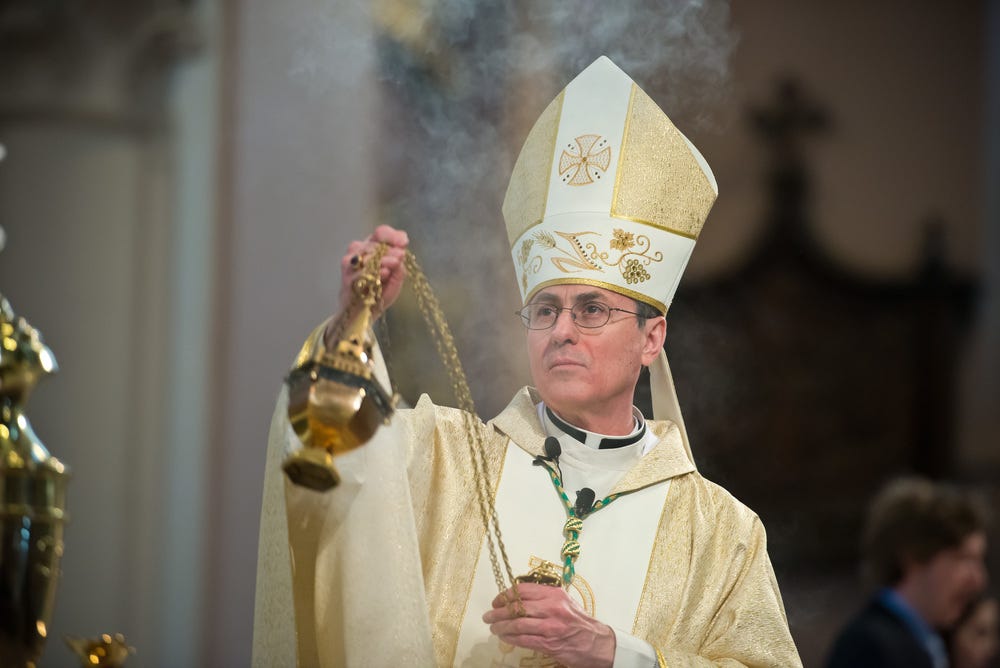Canadian bishop faces probe over Rosica assault allegations
Did Bishop Ronald Fabbro fail to act on a priest's abuse report?
A Canadian bishop is facing a Vatican-ordered probe, on charges that he failed to act when informed about an allegation of sexual assault against once-popular media personality Fr. Thomas Rosica.
Sources say that in March, a priest who was allegedly assaulted by Rosica filed a complaint charging t…

